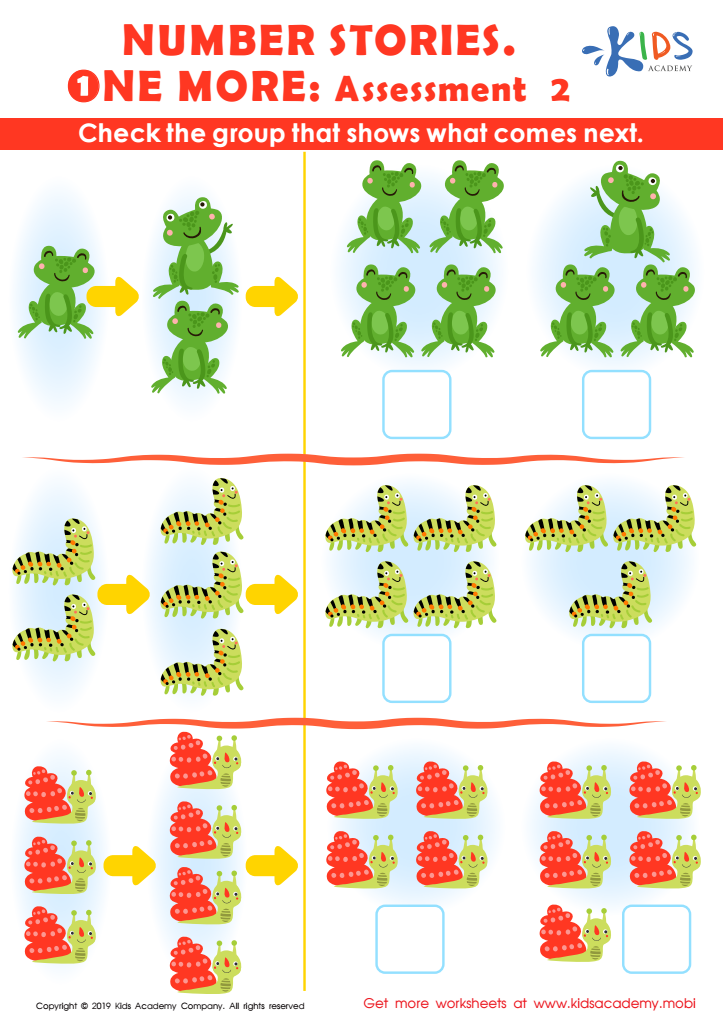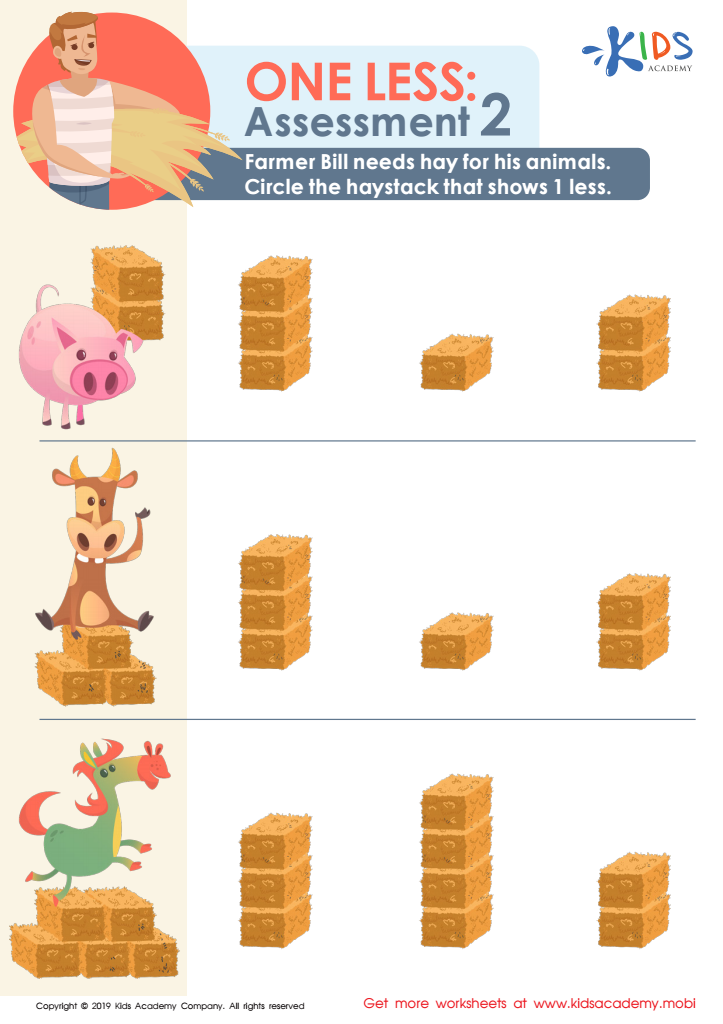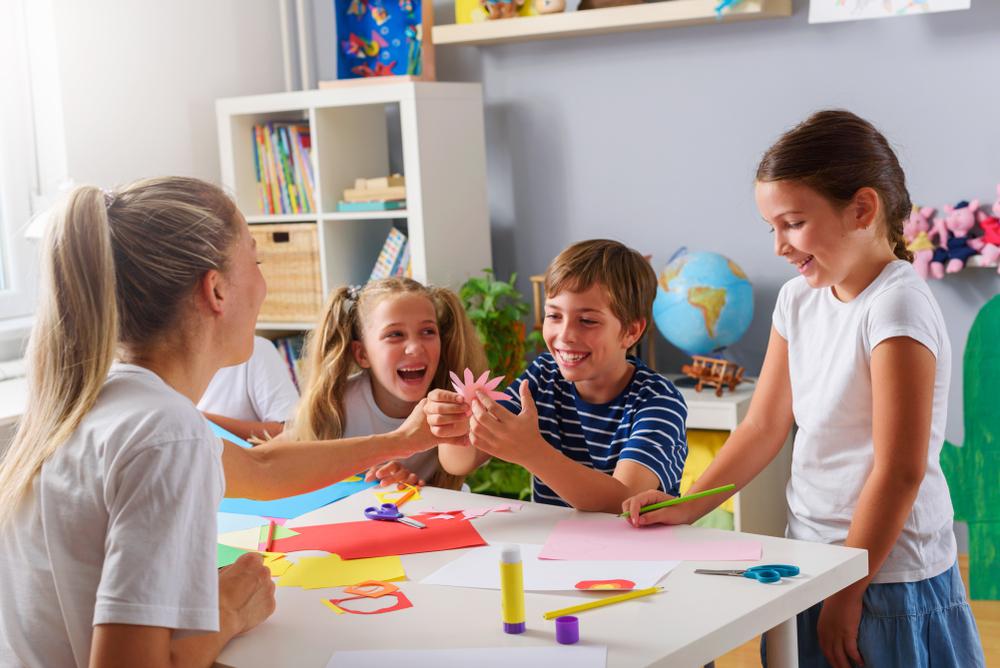Counting worksheets activities for Ages 5-6
2 filtered results
-
From - To


Number Stories One More – Assessment 2 Worksheet


One Less: Assessment 2 Worksheet
Counting worksheets activities are an indispensable tool in the educational toolkit for young learners. These activities are not just about learning numbers; they're about building a strong foundation for mathematical skills that children will use throughout their lives. Here's why counting worksheets activities are so useful:
Firstly, counting worksheets activities introduce children to the concept of numbers in a structured and engaging way. They offer a clear, step-by-step approach to understanding what numbers represent, making the abstract concept of quantity more concrete for young minds. By associating numbers with physical objects or pictures, children can visually grasp the idea of counting, making the learning process both effective and enjoyable.
Moreover, these activities enhance number recognition and sequencing. Through repetitive practice, children become familiar with the order of numbers, which is crucial for their future mathematical understanding. This repetition solidifies their ability to recognize numbers not only in isolation but also in different contexts, further reinforcing their numerical fluency.
Counting worksheets activities also promote the development of fine motor skills. As children write numbers, circle items to count them, or draw lines to match numbers with quantities, they refine their hand-eye coordination and pencil control. This not only aids in their counting ability but also prepares them for more complex tasks such as writing.
Furthermore, these activities are adaptable to each child's learning pace and level. They can be easily customized to challenge more advanced learners or to provide additional support for those who need it. This flexibility ensures that all children can benefit from them, regardless of their starting point.
Lastly, counting worksheets activities foster a sense of achievement and confidence in young learners. By completing these worksheets, children can see tangible progress in their abilities, encouraging them to embrace more challenging mathematical concepts with enthusiasm and confidence.
In essence, counting worksheets activities are a fundamental stepping stone in early childhood education. They not only teach children about numbers but also build critical thinking, fine motor skills, and a positive attitude toward learning.

 Assign to the classroom
Assign to the classroom











